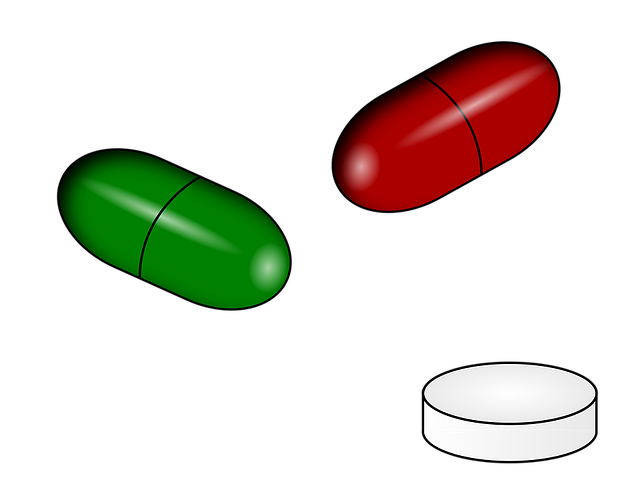Quetiapine: Dosage Guide, Uses, and Potential Side Effects

Quetiapine, an atypical antipsychotic, is primarily used to treat mood disorders such as schizophrenia, bipolar disorder, and major depressive disorder. While it has proven effective for many, understanding the correct dosage, its various uses, and potential side effects is crucial for anyone considering this medication.
Dosage Guide
The dosage of Quetiapine varies based on the condition being treated and individual patient factors. It is typically prescribed in low doses, which can be gradually increased based on the patient’s response and tolerance.
- Schizophrenia: The usual starting dose for adults is 400-800 mg per day, divided into two or three doses. Doctors may adjust the dosage based on clinical response.
- Bipolar Disorder: For manic episodes, the recommended starting dose is around 400 mg daily, which can be increased to 800 mg based on the patient’s requirements.
- Major Depressive Disorder: When used as an adjunct treatment, the typical dose ranges from 150 to 300 mg per day.
It’s essential to follow your healthcare provider’s recommendations closely. Never adjust your dosage without consulting with them first, as doing so could lead to adverse reactions or reduced effectiveness of the medication.
Uses of Quetiapine
Quetiapine is versatile in its applications. Beyond treating schizophrenia and bipolar disorder, it is also effective in managing:
- Depression: As mentioned earlier, it can serve as an adjunctive treatment for major depressive disorder, helping to stabilize mood.
- Anxiety Disorders: Some studies suggest that Quetiapine can alleviate symptoms of anxiety disorders, although it is not primarily indicated for this use.
- Insomnia: Due to its sedative effects, Quetiapine is sometimes used off-label to treat sleep disorders, although this should only be done under medical supervision.
For more information on its uses, consider checking out this study on Quetiapine that delves deeper into its therapeutic benefits.
Potential Side Effects
Like any medication, Quetiapine comes with its share of potential side effects. While not everyone experiences them, being aware of these can help in monitoring your health during treatment. Some common side effects include:
- Drowsiness: Many patients report feeling sleepy, especially when starting the medication.
- Dizziness: Some individuals may experience lightheadedness, particularly upon standing.
- Dry Mouth: Quetiapine may cause a decrease in saliva production, leading to dry mouth.
- Weight Gain: Long-term use can lead to significant weight gain, making it essential to monitor dietary habits.
- Increased Cholesterol: Regular blood tests may be necessary to keep track of cholesterol levels.
Serious side effects, although rare, should be addressed immediately. These include symptoms like rapid heartbeat, severe dizziness, or signs of an allergic reaction (such as rash, itching, or swelling). For a comprehensive list of side effects, you can visit the Drugs.com page on Quetiapine.
Regular follow-ups with your healthcare provider are critical for monitoring your response to treatment and any potential side effects. They can help adjust your dosage or switch medications if necessary.
As you consider Quetiapine as a treatment option, remember that this medication can significantly improve your quality of life when used correctly. With the right guidance, it can help manage symptoms effectively while minimizing potential risks. Always prioritize open communication with your healthcare provider, as they are your best resource for navigating your treatment journey.
